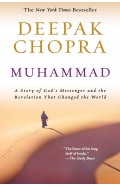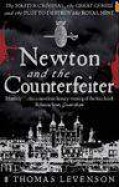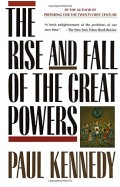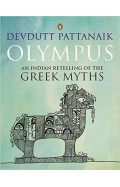The Darkest Days: The Truth Behind Britains Rush to War 1914
By: Douglas Newton
-
Rs 717.75
- Rs 1,595.00
- 55%
You save Rs 877.25.
Due to constant currency fluctuation, prices are subject to change with or without notice.
| Book | |
| What's in the Box? | 1 x The Darkest Days: The Truth Behind Britains Rush to War 1914 |
The Darkest Days: The Truth Behind Britains Rush to War 1914
By: Douglas Newton
Rs 717.75 Rs 1,595.00 Ex Tax :Rs 717.75
Zubin Mehta: A Musical Journey (An Authorized Biography)
By: VOID - Bakhtiar K. Dadabhoy
Rs 472.50 Rs 1,050.00 Ex Tax :Rs 472.50
How To Win A Cosmic War God Globalization And The End Of War
By: Reza Aslan
Rs 556.00 Rs 695.00 Ex Tax :Rs 556.00
Muhammad: A Story of God's Messenger and the Revelation That Changed the World
By: Dr Deepak Chopra
Rs 2,245.50 Rs 2,495.00 Ex Tax :Rs 2,245.50
Careless People: Murder Mayhem and the Invention of The Great Gatsby
By: Sarah Churchwell
Rs 877.25 Rs 1,595.00 Ex Tax :Rs 877.25
The Darkest Days: The Truth Behind Britains Rush to War 1914
By: Douglas Newton
Rs 717.75 Rs 1,595.00 Ex Tax :Rs 717.75
World History in Minutes: 200 Key Concepts Explained in an Instant
By: Dorothy Ail
Rs 2,141.75 Rs 3,295.00 Ex Tax :Rs 2,141.75
On This Day: The History of the World in 366 Days
By: Octopus
Rs 897.75 Rs 1,995.00 Ex Tax :Rs 897.75
How To Win A Cosmic War God Globalization And The End Of War
By: Reza Aslan
Rs 556.00 Rs 695.00 Ex Tax :Rs 556.00
Muhammad: A Story of God's Messenger and the Revelation That Changed the World
By: Dr Deepak Chopra
Rs 2,245.50 Rs 2,495.00 Ex Tax :Rs 2,245.50
No recently viewed books available at the moment.
Zubin Mehta: A Musical Journey (An Authorized Biography)
By: VOID - Bakhtiar K. Dadabhoy
Rs 472.50 Rs 1,050.00 Ex Tax :Rs 472.50
The Darkest Days: The Truth Behind Britains Rush to War 1914
By: Douglas Newton
Rs 717.75 Rs 1,595.00 Ex Tax :Rs 717.75
How To Win A Cosmic War God Globalization And The End Of War
By: Reza Aslan
Rs 556.00 Rs 695.00 Ex Tax :Rs 556.00
Muhammad: A Story of God's Messenger and the Revelation That Changed the World
By: Dr Deepak Chopra
Rs 2,245.50 Rs 2,495.00 Ex Tax :Rs 2,245.50











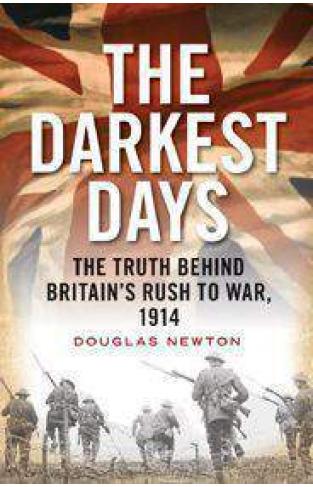

-120x187.jpg?q6)






